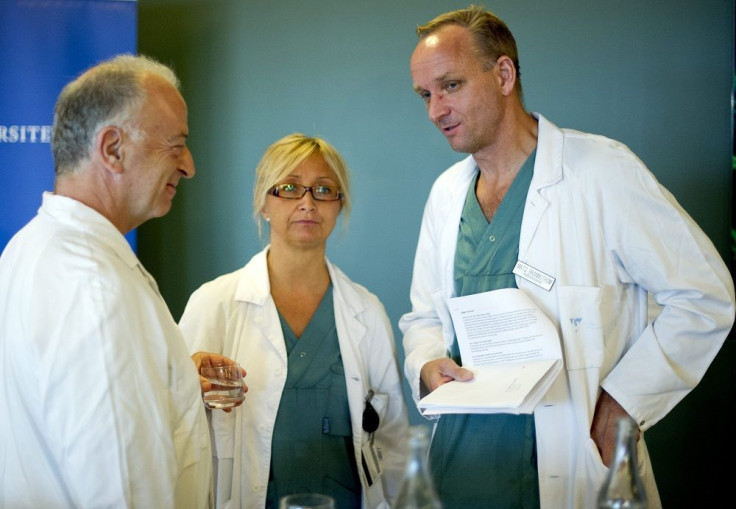In next 10 years, new wombs could be grown using woman’s stem cells, offering hope for infertile females

In October 2015, the Imperial College London got approval to perform the first womb transplant in UK in 2016. So far, there is no update from the college about the pioneering surgery, but thanks to stem cell therapy, a transplant may become unnecessary since within 10 years new wombs could be implanted on infertile women grown from their stem cells.
Professor Matts Brannstrom, who performed the first successful womb transplant in 2014 on a Swedish woman, said on Monday that bio-engineering would remove some of the risks from the procedure. There is still the risk of the body rejecting the transplanted womb even if the organ recipient has taken strong immune-suppressant drugs.
But with the womb implanted from the woman’s stem cell, the drug would not needed and there would be lesser complications, Brannstrom said at the Royal College of Obstetricians and Gynaecologists world congress. Researchers have successfully grown womb patches in laboratory rats from stem cells.
He says the procedure could be perfected for humans within 10 or 15 years. Brannstrom, professor of obstetrics and gynaecology at the University of Gothenburg in Sweden, has done nine more similar transplants which had resulted in five births.
All nine got womb transplants, but Brannstrom had to remove two after one of the women developed infection and another suffered from thrombosis. With one of the nine having a second baby from the transplanted womb, the “take-home-baby-rate” is at 71 percent.
By using robotics to harvest through surgery a uterus, which the professor has acquired ethical permission, the transplant procedure would be halved from the current 10 to 12 hours to 6 to 8 hours.
Womb transplants would help women suffering from absolute uterine factor infertility (AUFI), the condition in which the uterus is missing or faulty which prevents an embryo from implanting. In Britain, it is estimated about 12,000 women have AUFI, while in Sweden, where the procedure was performed, about 2,000 women. Outside UK, clinical trials are being done in Australia, India and Singapore.
VIDEO: First ever baby born through womb transplant






